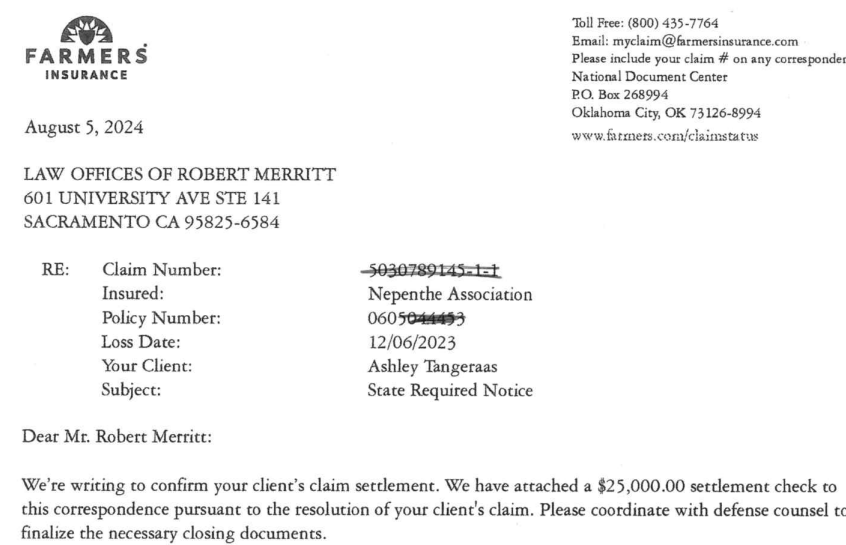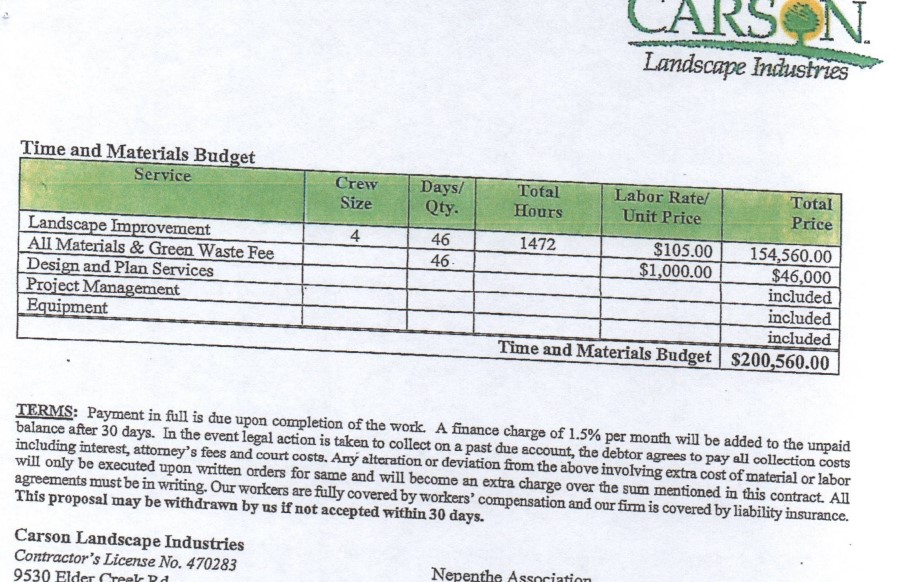Your board does not want any feedback as to what they do. They think that they know better than you. HOA Boards often tell homeowners that they vote in Executive Session “on advice of counsel”. In my HOA, the Board of Directors gives us this excuse. Despite me writing letters, they continue hiding in executive session. Why? They are obsessively spending money on landscape “remediation” projects that are, in my opinion, unnecessary and purely cosmetic. Not wanting feedback from homeowners that are concerned about the long-term costs of such spending coupled with grossly underestimating the cost of a paint and siding project, they seem to think that approving a landscape proposal is a “contract negotiation”. Do our elected officials at the state capitol get to spend money behind closed doors? California Civil Code § 4910(a) “The board shall not take action on any item of business outside of a board meeting.” So then I ask, what is an “item of business.” Furthermore, California Civil Code § 4155 defines an “item of business” as “within the authority of the board, except those actions that the board has validly delegated to any other person or persons, managing agent, officer of the association, or committee of the board comprising less than a quorum of the board.
Unfortunately, state statutes do not expressly say no voting in executive session. Your board will say that they must vote in executive session as it’s a “contract negotiation” even though, as in the case of my HOA, none exists for landscape proposals as the vendor is not present. California Civil Code Civil Code § 4935 does say that the board may “consider…matters relating to the formation of contracts with third parties” but it does not say vote. However, the board may understandably discuss legal matters, member discipline, personnel matters and member payment plans. This statute also requires that members may request to meet with the board to discuss matters relating to discipline and/or payment plans. Lien foreclosures are also required to be discussed in executive session.
Not wanting to be bothered
HOA attorney Beth Grimm, an attorney that represents homeowners against HOAs, wrote a whole article on her website Why Do Boards Hide. I highly recommend you read this as it’s very entertaining and will likely resonate with what’s happening in your HOA. In this article, she writes:
“This is a another common problem among boards. Sometimes it comes about because of ego and other times I see this because a director has given service for 20 years and no one ever showed any interest before. It can be an assumption that no one cares or an excuse that communicating with owners is an exercise in futility. Sometimes it’s a distaste for controversy. “We don’t want any petty or needless arguments because that is not going to change anything.” Sometimes it’s “that person has always been nosy and pushy and there’s no reason to jump” just because they say so. Sometimes a board will say to me: “We have done it this way for 10 years and we are not going to change because of some stupid law put into place by some stupid legislator who did not understand how complicated he or she has made it for the volunteers like us who did not understand how complicated he or she has made it for the volunteers like us who are doing our best.”
Beth goes on to write about “fear of letting owners in on the truth” is the biggest reason why boards go into hiding. She says that the problem can grow exponentially and even lead to a political revolt, as it did in my HOA’s huge political upset of the incumbents and recall election that I initiated. At the end of her article which outlines the bad reasons HOA boards hide, she advises them not to hide!
Where do we go from here?
Call them out for hiding! Write a letter and go to board meetings sharing state statutes. If they keep up with the “advice of counsel” dance, then formally request that counsel write a letter to homeowners stating this recommendation and the reasons why. Homeowners across the state need to get organized and advocate to propose legislation that amends statute to expressly state that voting in executive session for matters such as approving landscape proposals cannot be voted for in executive session. Moreover, there needs to be penalties in place to prevent such practices otherwise it will continue. There should be a process for homeowners to be able to go to small claims court to penalize board members personally for voting in executive session. I believe that a fair penalty should be $1,000 per infraction for each board member.


